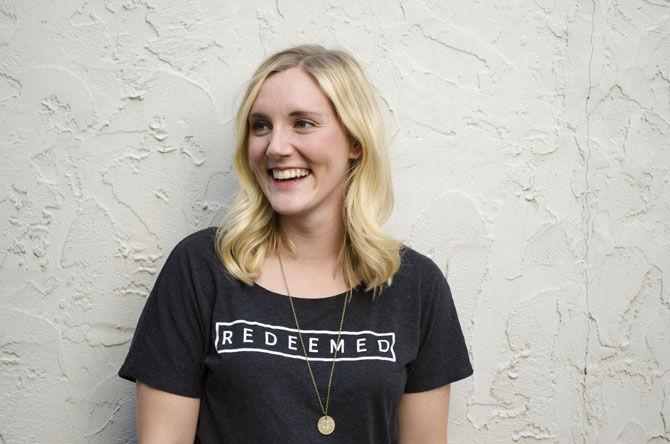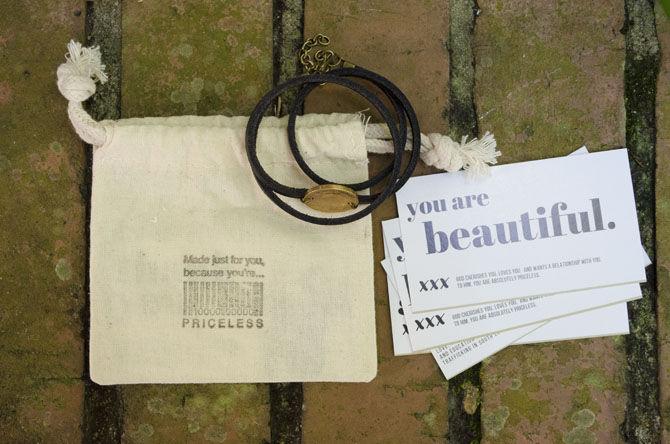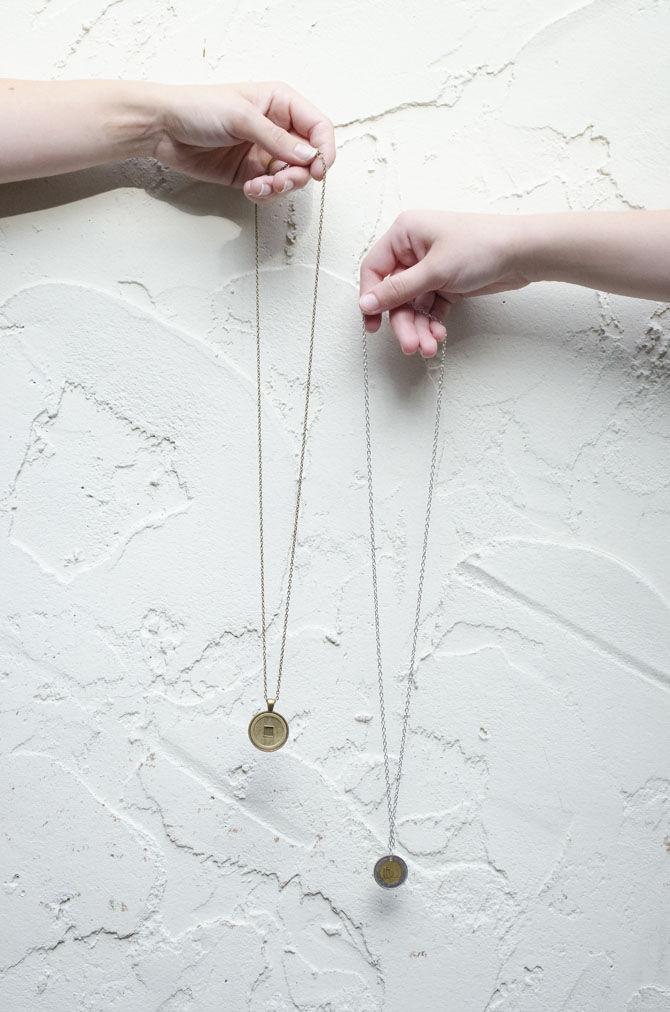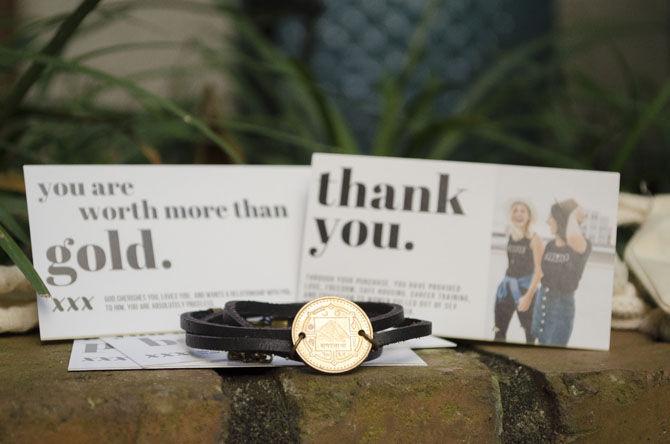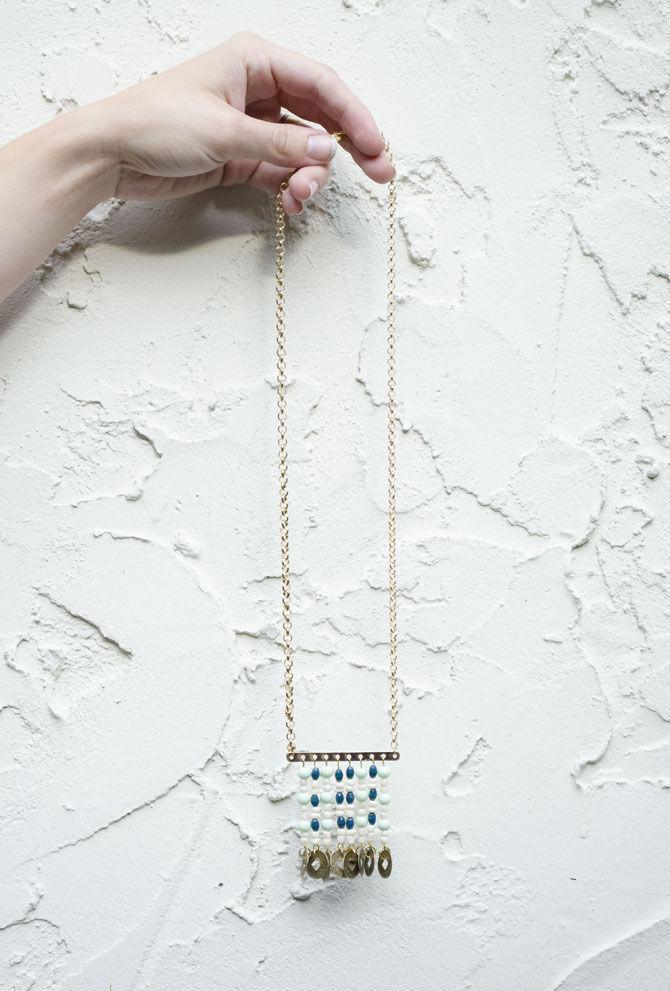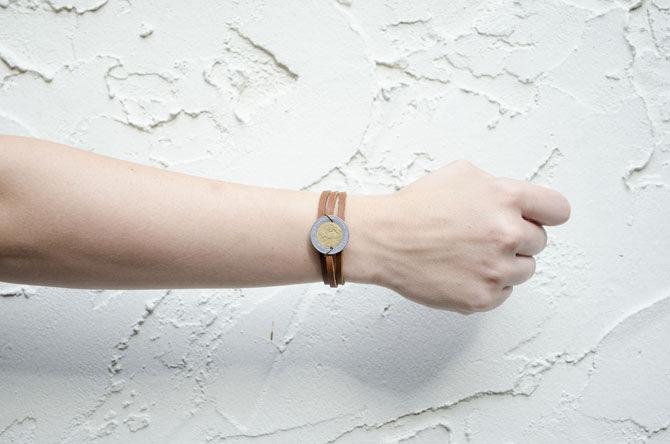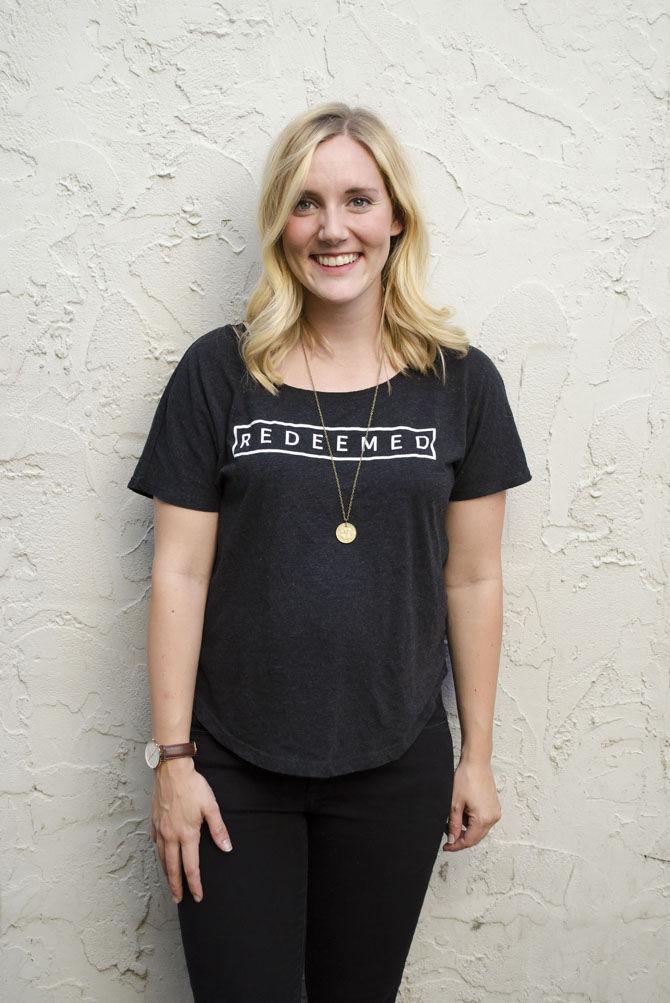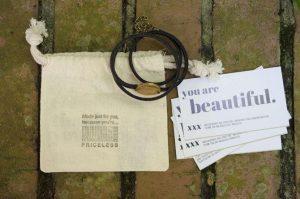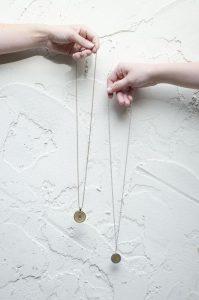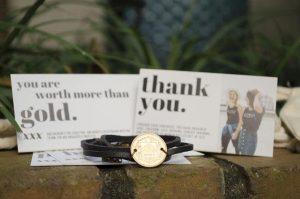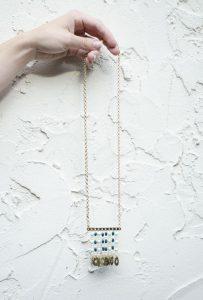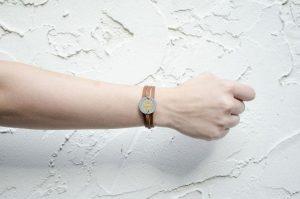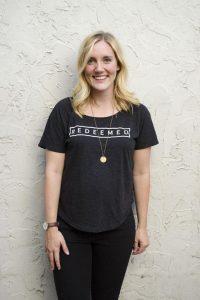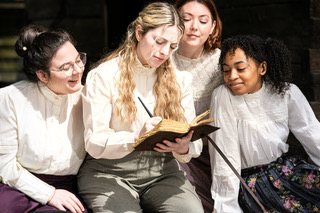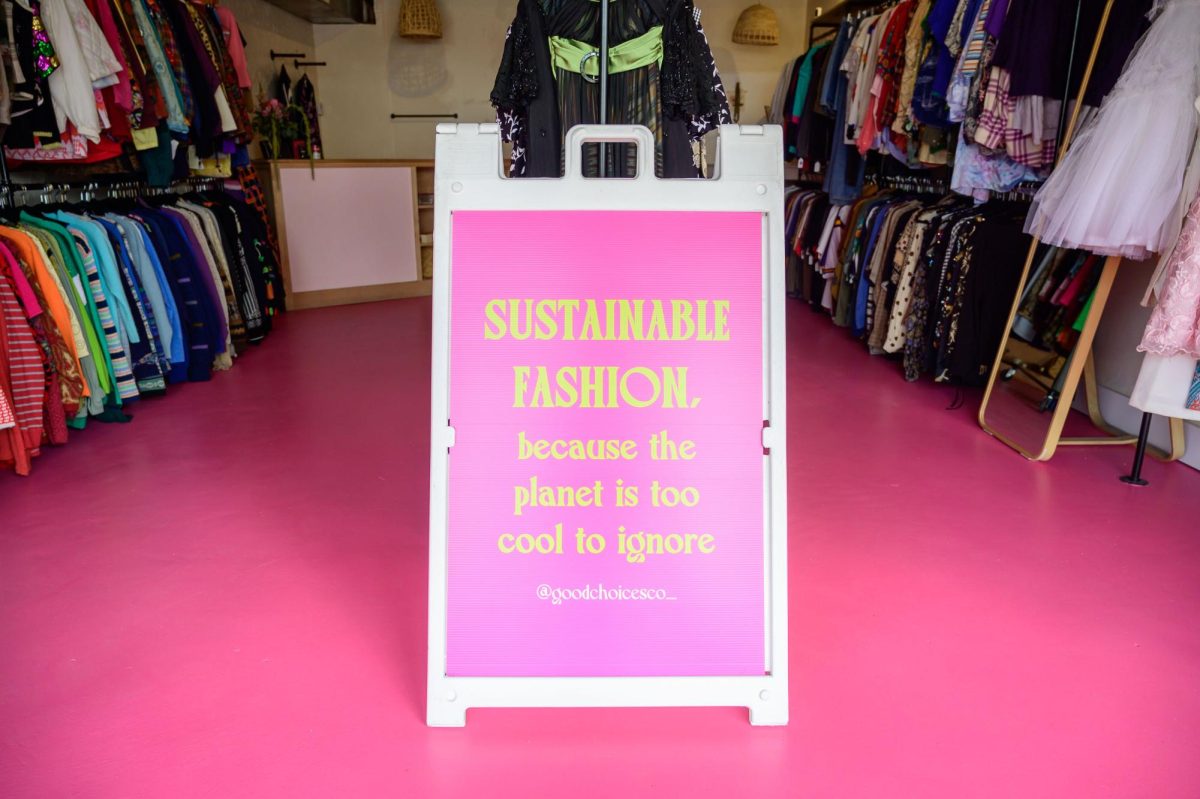While many people don’t think much of their loose change, University alumna Beka Burch uses it to change the lives of sex-trafficking victims.
Burch’s business, The Priceless Collection, sells handmade jewelry made of coins from different countries. Each item comes packaged in a tiny cloth bag containing cards that remind the customer they are beautiful and loved.
These cards reinforce the business’s main goal of showing women around the world that they are priceless — a message sometimes hard for sex-trafficking victims to believe when they are being sold to men night after night, Burch said. This issue hit close to home as she struggled with self-worth as a teenager, she said.
This isn’t just talk — 25 percent of the business’s profits goes to Freedom 418, an organization which provides safe housing, career training, education and a Christian-based curriculum to young women who have escaped sex-trafficking.
Freedom 418 currently has two rescue houses in Southeast Asia and hosts about six to seven women at a time. The organization will add one to two houses by the end of the year due to the large amount of women needing a place to stay upon escaping trafficking, Burch said.
The women housed typically range in age from 16 years old to their mid-twenties and stay in the homes for about a year as they make the transition out of trafficking and work to afford a place of their own.
The Priceless Collection officially launched in May 2015, but the idea dates back to an epiphany Burch had in 2013 when she heard missionaries speak about human trafficking at her church, she said.
Cleaning out her closet the next day, Burch found a box of coins from her overseas travels and attached one of them to a chain. The idea for The Priceless Collection was born.
The analytics of owning a start-up forced Burch to confront her weaknesses, she said. While the creative aspect of her business was second nature to her, the other side of the coin — accounting, filing taxes and filling out paperwork — was a different story.
Luckily, she was not alone. Burch had her father’s help, local jewelry maker Madeline Ellis of Mimosa Handcrafted and Google to consult when technical questions inevitably arose.
Being self-employed also came with its own set of challenges, including self-discipline, she said.
“You have to have a specific drive and attitude to get things done,” Burch said.
Burch has not let any of these obstacles stop her, however. Her collection has expanded from a mere box to include coins — some donated, some hers — from over 50 different countries and jewelry sold in 18 boutiques, both locally and around the country.
Burch hopes to eventually open up her own store-front and expand her business to include a mentorship program where she could employ those rescued from human-trafficking.
Amidst the logistics of running her business, Burch makes sure not to lose sight of its main focus: the girls.
“It’s really rewarding to know a simple piece of jewelry can really affect a life,” she said.
LSU alumna uses jewelry business to fight sex trafficking
By Kaylee Poche
September 15, 2017
The Priceless Collection creator Beka Burch displays her handmade jewelry on Tuesday, Sept. 12, 2017, at Highland Coffees.
More to Discover



